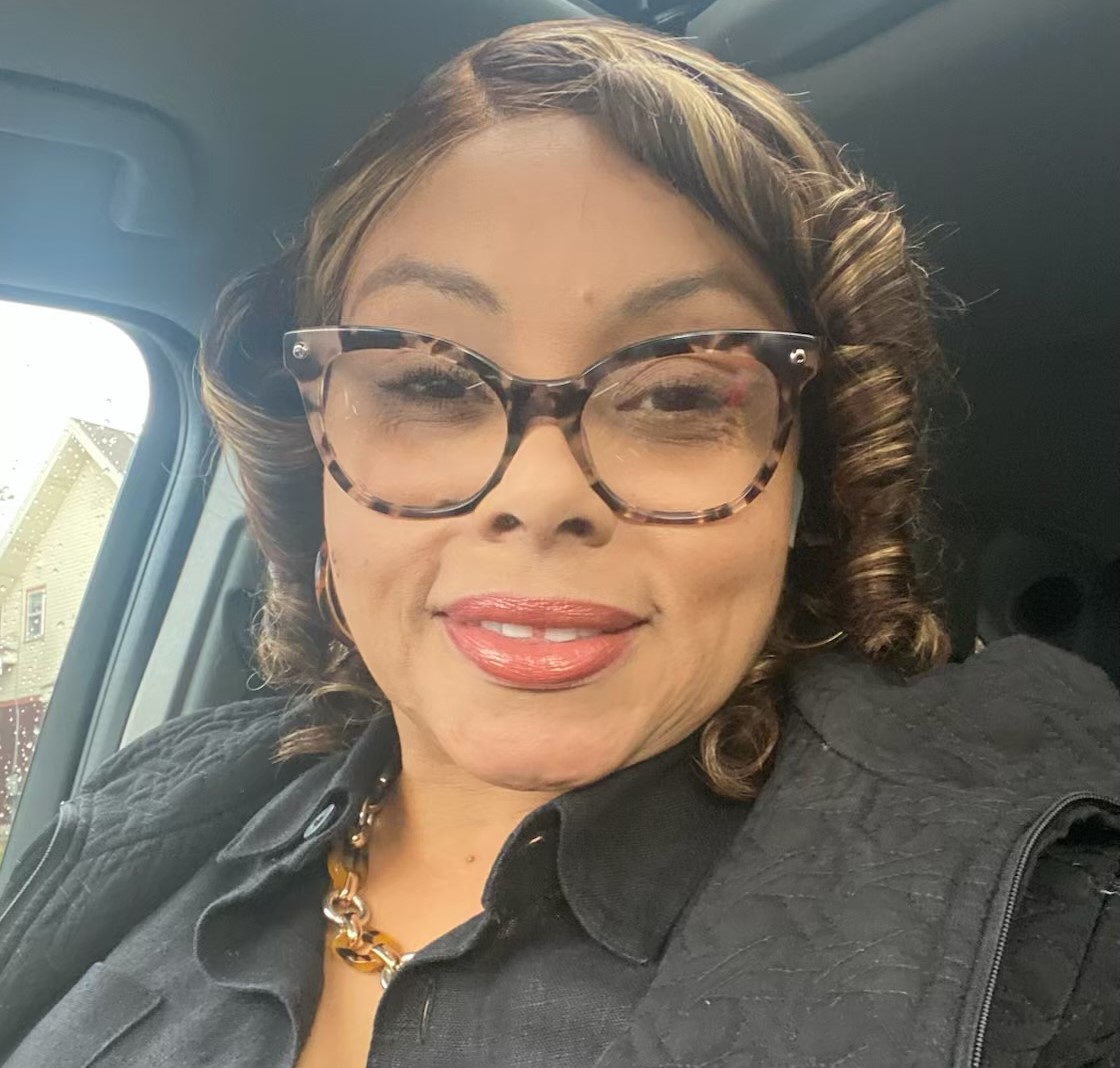
The 2024 Stroke Ambassador to the Capital Region Heart Walk, Wanda Feaster, had been diagnosed with breast cancer after a persistent pain spurred her to visit the doctor. Her doctor told her that pain isn’t necessarily cancer, but Feaster, a woman of faith, was sure it was.
“The Lord told me that it was cancer, but it wouldn’t be unto death,” she said. In fact, the cancer was Stage 0. It was 2014, and Feaster was 49 years old. She opted for a total mastectomy with reconstruction at the same time.
“The surgery lasted 16 hours,” Feaster said. “Something had gone wrong and as they were bringing me out of surgery, they had to put me back under.”
Feaster’s son, Michael-Aaron Poindexter, chief program officer at the Regional Food Bank of Northeastern New York, senior pastor of Macedonia Baptist Church, and chair-elect of the board of directors of the American Heart Association, a global force for healthier lives for all, noticed that something wasn’t right after his mother’s surgery.
“I kept falling asleep in the middle of conversations,” Feaster said. “When Michael-Aaron told the staff that, they attributed it to the medication. But he knew it was something else.”
An MRI showed that Feaster had, in fact, had a stroke.
“I know my mother very well, and I knew that what I was seeing wasn’t her at all,” Poindexter said. “In fact, I suspected almost immediately when she was very lethargic and almost non-responsive to her grandchild that something was very wrong. At the time of her stroke, I wasn’t a board member of the Heart Association yet, but had heard about how to identify a stroke through information shared by the association.
“When I discovered that my mother did indeed have a stroke, it turned my world upside down! And then quickly my faith turned it right side up! I had concerns about her future and what the ‘next’ would be, but I knew that our family and friends would be there to support us every step of the way. The most important piece of my journey in her story is advocating on her behalf to the doctors, knowing the early signs of a stroke, and helping her to recovery.”
“My son knowing me so well, and how much I love him and my family, it was the catalyst for him to create a never-ending slide show of pictures that played on a laptop in front of me daily while I was recovering at the hospital, then Sunnyview and at home. It was the first thing I saw every morning when I woke up and the last thing that filled my heart as I fell asleep at night,” Feaster said. “It was the reminder that I needed to see what I was fighting for, my ‘why’ to get better – my family.
For months after the surgery, Feaster couldn’t speak, except to answer questions.
In particular, Feaster was alarmed that she couldn’t recall Scriptures that she had known like the back of her hand.
Feaster prayed that she would speak again, and knew she needed to get back to church, in spite of a Wound-O-Vac that made a constant noise and needed to be with her all the time.
“I went back to work in September,” Feaster said. “It was a very difficult time, but I never lost faith.”
Today, Feaster feels not just good, but excellent.
Feaster is the administrative assistant to one of the Deputy Commissioners of the New York State Office of Temporary and Disability Assistance. She is also a licensed associate minister at Metropolitan New Testament Baptist Church in Albany. Born in Harlem, she grew up in the Bronx, and had been living in Co-Op City in the Bronx, before following her mother and sister to Albany to provide a better education for her sons. In addition to Miachel-Aaron, Feaster has a second son, Isaiah Poindexter, who is a dean at a charter school in the Bronx and lives in Yonkers. He and Michael-Aaron share the same birthday. Feaster now lives in Schenectady.
Feaster agreed to be the Stroke Ambassador to the Capital Region Heart Walk and Run for many reasons.
“I’m sharing my story to raise awareness, especially among Black and Brown women, who are at a higher risk of stroke,” Feaster said. “We face a higher level of racism, sexism and discrimination than white women or even Black men. I would like for more women of color to be involved in research trials, and to receive the same kind of care and attention to health as others in our society. I also would like there to be more transparency in families. If my son hadn’t recognized what had happened, I wouldn’t be here today in the great condition I’m in. It’s important to let family members in on our stories, to be more transparent with them. It very well may save your life.”
The Capital Region Heart Walk is set for Sunday, June 2, at the W. Averell Harriman State Office Building Campus in Albany. For information, visit CapitalRegionHeartWalk.org.
###
